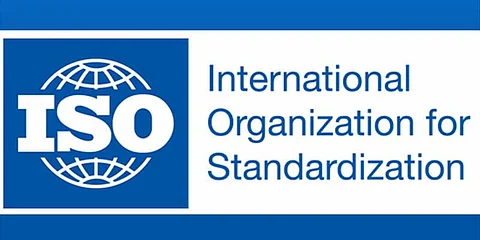
- Home
- Live Blog
- Breaking News
- Top Headlines
- Cities
- NE News
- Sentinel Media
- Sports
- Education
- Jobs

It is indeed unfortunate that the London sitting of Working Group II of the International Organization for Standardization (ISO) should have decided to merely rename the Bengali script as ‘Bengali-Assamese script’ instead of according its rightful independent status to the Assamese language. All Assamese speakers have legitimate reasons to be angered and disappointed at the kind of injustice done to the Assamese language and its script. This legitimate sense of injustice stems from two aspects of unfairness that the Assamese language has suffered at the hands of the ISO. First, there is a clear act of discrimination in respect of how Assamese has been treated and how a number of European languages sharing the same Roman script have been treated. Secondly, the injustice done to Assamese has its roots in the members of Working Group II of the ISO not making the required efforts to study the merits of the case for the Assamese script being given a status independent of Bengali.
There are a whole lot of European languages that share the Roman script with minor additions and modifications. The status of every one of these languages—regardless of the number of speakers—is independent and clearly identified. No language is tied together with another language in respect of its nomenclature. In other words, there cannot be a case of any language being referred to another one merely because the two languages share the same script. So we do not have any European language referred to (for example) as ‘Italian-French’ or ‘Italian-Spanish’. [My reason for using Italian for the examples is that since Latin has ceased to be a spoken language, it would make sense to use a language that is now spoken where Latin was once widely used. Going by the ISO’s bizarre decision to rename the Bengali script as ‘Bengali-Assamese’ merely to provide some kind of accommodation to Assamese (however unfair and disrespectful to the language), one can make a strong case for Hindi, Marathi and Bodo being rechristened ‘Sanskrit-Hindi’, ‘Sanskrit-Marathi’ and ‘Sanskrit-Bodo’. Is any Hindi speaker, Marathi speaker or Bodo speaker going to accept this? Obviously not. Why then should Assamese speakers be expected to accept ‘Bengali-Assamese’ as the name for their script? It will not do to forget that the present Assamese script with minor differences was used for the Assamese language earlier than it was used for Bengali. So, if a double-barrelled name for the common script of the two languages is at all unavoidable to suit the fancy of some powerful functionary, it should be ‘Assamese-Bengali’ rather than ‘Bengal-Assamese’ not only because of alphabetical propriety but also because the script has been in use for Assamese longer than it has been for Bengali.
Those who have made the bizarre suggestion of naming the Assamese script ‘Bengali-Assamese’ should look at the nomenclature of several European languages sharing the Roman script. What is quite evident is that there was no one seeking to impose his/her will, preference or prejudice in the naming of any of the European languages sharing a common script with minor differences. The script took the name of the language for which it was used when people referred to the script. In other words, it was perfectly in order for a German to talk about the German script when referring to a script also shared by other languages. There could be no question of anyone raising a hue and cry over such a matter.
There is no need for anyone using the Assamese language to talk about the Bengali-Assamese script now merely because the ISO in its unwisdom has chosen to rename our script. Assamese speakers should refuse to accept the new unacceptable nomenclature and should carry on a campaign with the necessary data and logical support to make the ISO realize the folly of its arbitrary action and to give the Assamese script its real name without any gratuitous tags with other languages.